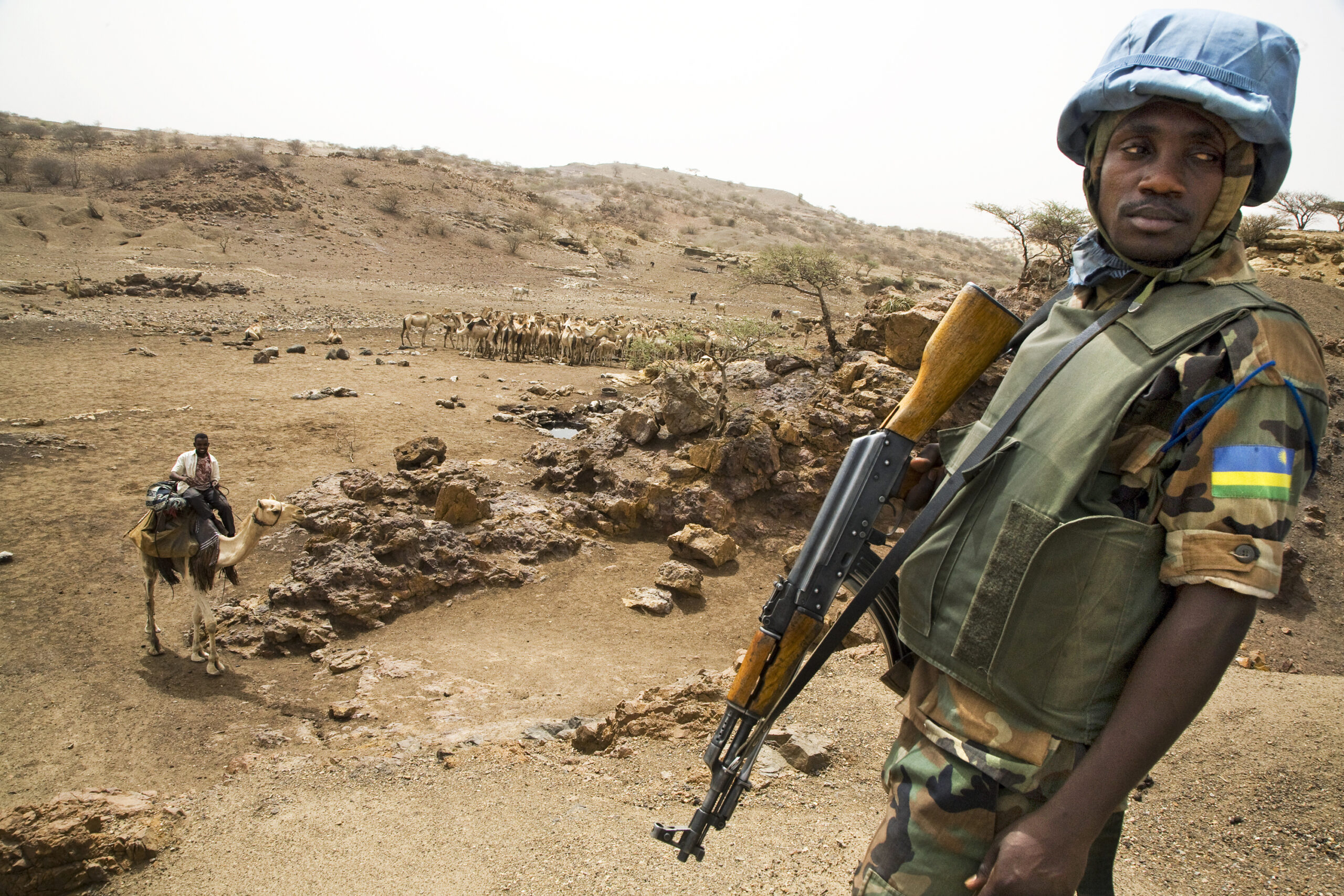
UN says Sudan should prosecute Darfur crimes

The United Nations Human Rights Commission has urged Sudan to prosecute security forces responsible for attacks in Darfur between 2014 and 2016.
The UN watchdog has also called on Sudan to cooperate with the International Criminal Court, which has issued an arrest warrant for President Omar al-Bashir for alleged war crimes.
Thousands have been killed in Sudan’s civil wars, including the western Darfur region where rebels have been fighting against Bashir’s government since 2003. In July, 2018, the government extended a three-year-old unilateral ceasefire with rebels in Darfur, Blue Nile and South Kordofan.
The UN Human Rights Committee recently reviewed Sudan’s record and issued its findings on Thursday.
“The Committee is concerned that not only has (Sudan) failed to hold to account perpetrators under domestic law, but it has also refused to cooperate with the International Criminal Court, which has issued arrest warrants against Sudanese nationals and officials on charges of genocide, crimes against humanity and war crimes,” the panel said.
The Hague-based ICC issued arrest warrants for Bashir in 2009 and 2010 over his alleged role in war crimes including genocide in Darfur province, which he denies.
Yuval Shany, panel chair, told a news briefing: “We did not receive from the state a very specific answer to the question as to whether they are planning to implement the ICC arrest warrant on President al-Bashir. And we draw our conclusions from this lack of information.”
Sarah Cleveland, the panel vice-chair meanwhile stated that journalists have been arrested or banned from travel, and newspapers confiscated.
“So this was a primary concern with respect to Sudan and one which we asked them to report to the Committee on within two years,” she said.
Journalists from Reuters and Agence France-Presse were detained in January while covering protests and clashes with security forces which broke out across Sudan, after Khartoum imposed tough economic measures in line with recommendations by the International Monetary Fund.






